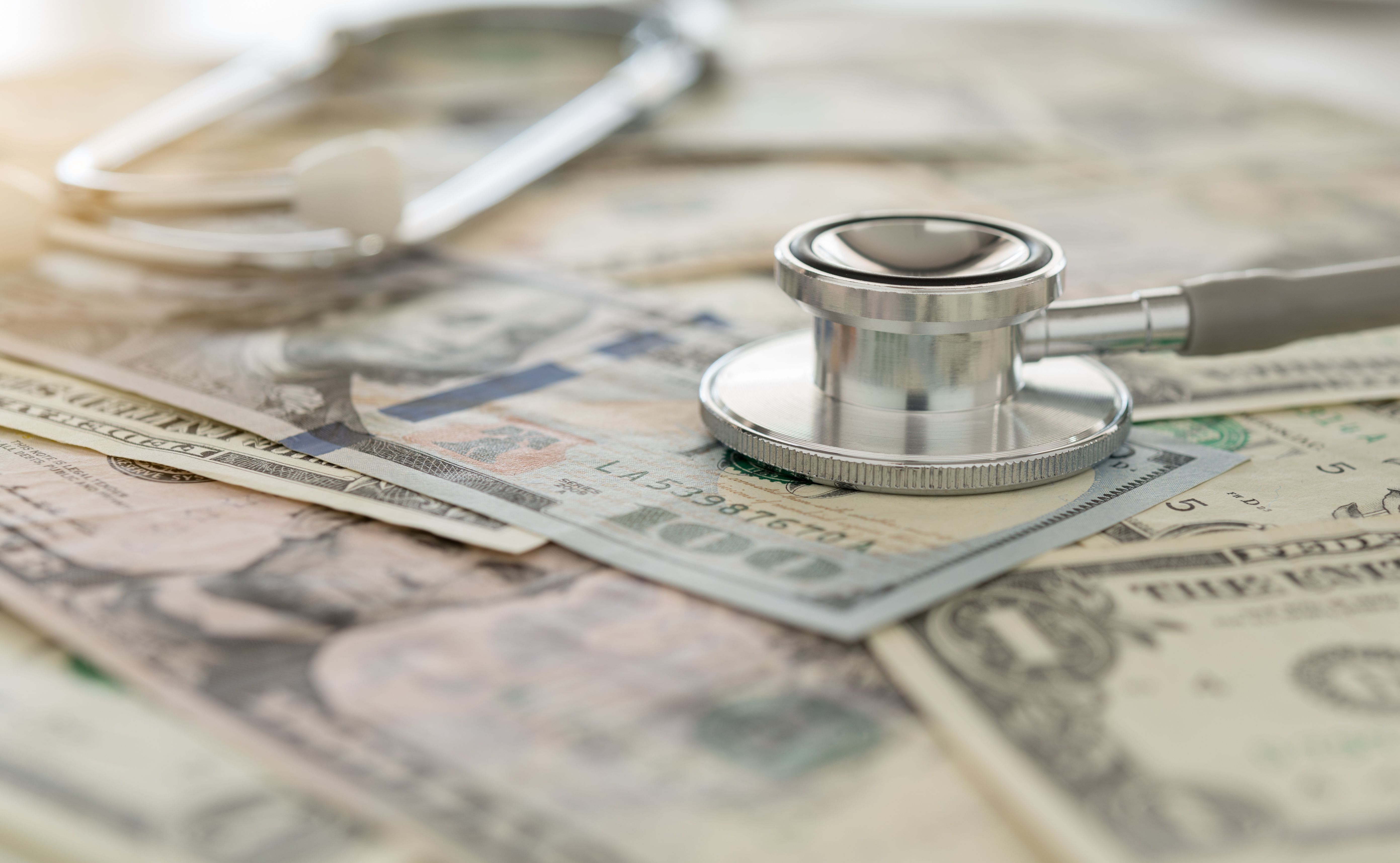- Bone Health
- Immunology
- Hematology
- Respiratory
- Dermatology
- Diabetes
- Gastroenterology
- Neurology
- Oncology
- Ophthalmology
- Rare Disease
- Rheumatology
BioRationality: President Biden’s 2025 Budget and Removing Biosimilar Interchangeability
Sarfaraz K. Niazi, PhD, outlines how President Joe Biden's new budget for 2025 could impact biosimilars, including provisions to clear up confusion surrounding interchangeable products.
Image credit: utah51 - stock.adobe.com

The FY 2025 US budget announced on March 11 is one of the rare admissions of why the cost of pharmaceuticals per capita is the highest globally. The FY 2025 budget includes several legislative proposals supporting the FDA's efforts to protect American consumers and patients. Of the dozens of proposals, the significant ones for the generic industry are:
The extension of the ingredient listing requirement of parenteral products to chemical drugs.
Amending certain exclusivity provisions for drugs to encourage meaningful innovation and timely competition. FDA is seeking to encourage competition for new drugs by proposing to amend the Hatch-Waxman 3-year exclusivity provisions to ensure that this exclusivity is limited to situations where the new drug applicant is seeking such exclusivity and where the data supporting the exclusivity demonstrates the hypothesized effect of the drug and to prevent information on new safety risks from blocking competition. This approach would continue to reward innovation while allowing earlier access to generic drugs in certain situations.
However, the most relevant suggestion is to eliminate the statutory distinction between the approval standard for biosimilar and interchangeable biosimilar products and deem approved biosimilars interchangeable. The statutory distinction between biosimilars and interchangeable biosimilars has led to confusion and misunderstanding among patients and health care providers about the safety and effectiveness of biosimilars and whether interchangeable biosimilars are safer or more effective than other biosimilars. This proposal would make the US biosimilar program more consistent with current scientific understanding and the approach adopted by other major regulatory jurisdictions, such as the European Union, where biosimilars are interchangeable with their respective reference products upon approval. Further, this proposal is expected to increase the uptake of biosimilars, with potential downstream effects of increasing competition, access, and affordability.
However, the FDA is taking a different approach when FDA Commissioner Robert Califf, MD, said approval from Congress is still the best pathway to making the change than just declaring biosimilars interchangeable; the FDA is seeking to amend section 351 of the Public Health Service Act to no longer include a separate statutory standard for a determination of interchangeability and to deem all approved biosimilars to be interchangeable with their respective reference products. This is a wrong decision by the FDA, since such legislative changes are difficult to achieve, and often get tossed out due to many conflicts of interest. Notably, the US Senate has a bill pending to do just that, and I have provided support through my publications and meetings with senators, but it is going nowhere. Before the release of the FY 2025 budget, I was consulted by the White House, and I was able to present a solid scientific argument, avoiding cost savings as the primary reason. I am glad to see this provision in the budget, but I am not sure if the FDA fully supports it and instead waits for the amendment to 351(k), and indeed, the big pharma has already launched a campaign to prevent this from happening.
Escaping the Void: All Things Biosimilars With Craig & G
May 4th 2025To close out the Festival of Biologics, Craig Burton and Giuseppe Randazzo from the Association for Accessible Medicines and the Biosimilars Council tackle the current biosimilar landscape and how the industry can emerge from the "biosimilar void."
Will the FTC Be More PBM-Friendly Under a Second Trump Administration?
February 23rd 2025On this episode of Not So Different, we explore the Federal Trade Commission’s (FTC) second interim report on pharmacy benefit managers (PBMs) with Joe Wisniewski from Turquoise Health, discussing key issues like preferential reimbursement, drug pricing transparency, biosimilars, shifting regulations, and how a second Trump administration could reshape PBM practices.
Eye on Pharma: Interchangeability Labels and Expanded Biosimilar Partnerships
May 29th 2025The FDA designates 2 biosimilars as interchangeable, enhancing access to treatments for inflammatory diseases and multiple sclerosis, while 2 other companies expand their biosimilar partnership to include more products.
British Columbia’s Biosimilar Policy Shows No Impact on Hospital Visits
May 28th 2025Despite a dramatic shift toward biosimilar use following British Columbia’s policy, researchers found no rise in hospital visits or complications, underscoring the real-world reliability of etanercept biosimilars in managing inflammatory arthritis.
